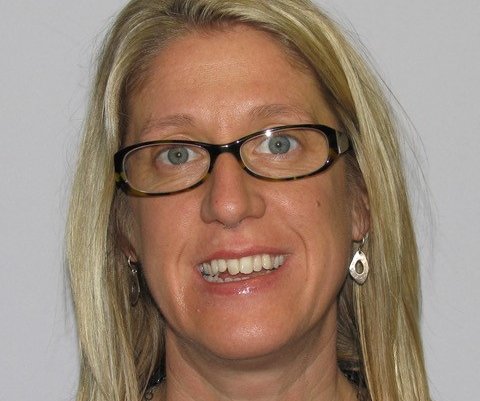Tuesday’s meeting at a glance
Oaths of Office were administered at Tuesday’s study session for the Barton Community College Board of Trustees. This was followed by discussion items, which included:
• December financial statement
• The campus energy management system
• Transfer degrees
• Concurrent enrollment deliberations
• Higher Education Day, Jan. 18 at the Capitol
Changes being discussed by the Kansas Board of Regents and the Kansas Board of Education include reducing the number of credit hours needed for bachelor’s and associate degrees, and coordinating the price of tuition for dual high school/college credits. Both could reduce the revenue at Barton Community College and other institutions.
Barton administrators talked about the issues during a BCC Board of Trustees study session on Tuesday. The Great Bend Tribune also contacted Linda Fund, executive director of the Kansas Association of Community College Trustees, for additional information.
Slimming college degrees
“Last fall KBOR wanted to shift the number of credits for BA degrees from 124 to 120,” Barton Vice President Elaine Simmons said. Associate degrees typically require 64 credit hours, and community colleges might be asked to create degree programs that only require 60 credits.
“We’ve been nudged to make changes,” Simmons told the trustees. “We know that if we don’t address this, students may buy four credits that don’t transfer and are ‘just for learning.’”
BCC Dean of Academics Brian Howe has been asked to look at Barton’s transfer degrees to see what courses could be “shaved off.”
Fund said academic deans at other community colleges are taking similar steps.
It will cost Barton money, Simmons said, “but if we don’t do it, it’s a disservice in many ways to our students. We need to start talking about it.”
If students can complete a degree with four fewer college credits, it will save them time and money. It could also boost the number of students who complete their degrees.
Howe said he doesn’t like the idea of reducing the number of courses students take because a well-rounded education includes exposure to things other than the student’s area of emphasis. With fewer courses, he said, “we take away a good part of the college experience.”
Concurrent enrollment
Barton President Dr. Carl Heilman discussed deliberations in Topeka to coordinate the cost of tuition for dual-credit classes, which allow students to earn high school credits and college credits at the same time. For example, students enrolled in advanced Spanish classes at Great Bend High School can also earn college credit.
The KBOR Coordinating Council has been working on a proposal with Kansas Board of Education participation. Heilman said the council has met four times, with the most recent meeting taking place earlier this week in Topeka.
“That’s a matter that’s being watched closely,” he said.
There have been suggestions of ordering colleges to offer those classes for $45 per credit-hour or even $100 for a three-hour course, administrators said. Barton’s current tuition for Barton County students is $101 per credit hour.
Other programs, such as the Accelerating Opportunity: Kansas (AO-K) program that delivers career and technical education simultaneously with adult basic skills instruction, may also be affected, Heilman said.
“It’s disconcerting,” he said. “In the guise of coordination, there’s more control.” While the dual-credit proposal isn’t a done deal, “it’s picking up steam,” he added.
Fund said that Governor Sam Brownback’s State of the State Address did not recommend a set amount for concurrent courses. However, she said the dual-credit proposal includes a plan for the state to pay for the concurrent/dual enrollment courses for five three-hour college courses (15 hours).
An article in Hawver’s Report said that portion of the proposal could cost about $24.5 million, and higher education institutions would have 15 fewer hours to sell to an estimated 28,000 college-bound high school students.
“I do not know the calculations underlying that statement,” Fund told the Tribune. “Certainly every one of the 28,000 students would not be taking 15 credit hours in a year, but I do not know what estimates those two numbers were based upon. ...
“There are two stakeholder work groups working on this soon, to get a report of recommendations out at the end of January,” Fund said. “The community colleges have suggested $172 per credit hour. That figure comes from the KBOR cost model which is utilized for SB 155 courses.”
Higher Ed Day
Also discussed at Tuesday’s BCC meeting: Thursday, Jan. 18, will be Higher Education Day at the Kansas Capitol Building. Barton and other public universities, tech colleges and community colleges will be in Topeka meeting with legislators. Simmons said Barton’s mascot, Bart the Cougar, will be there in a new outfit. “He will be dressed as a legislator.”












